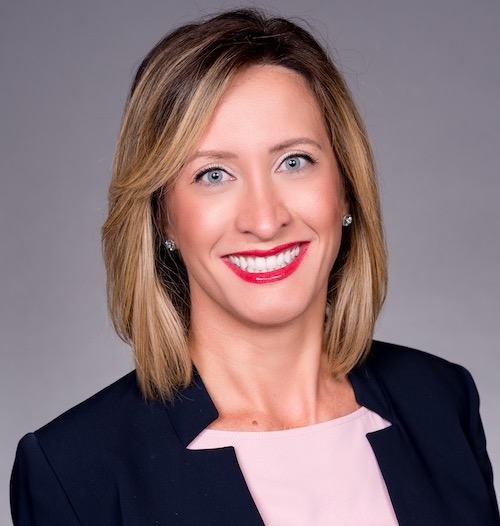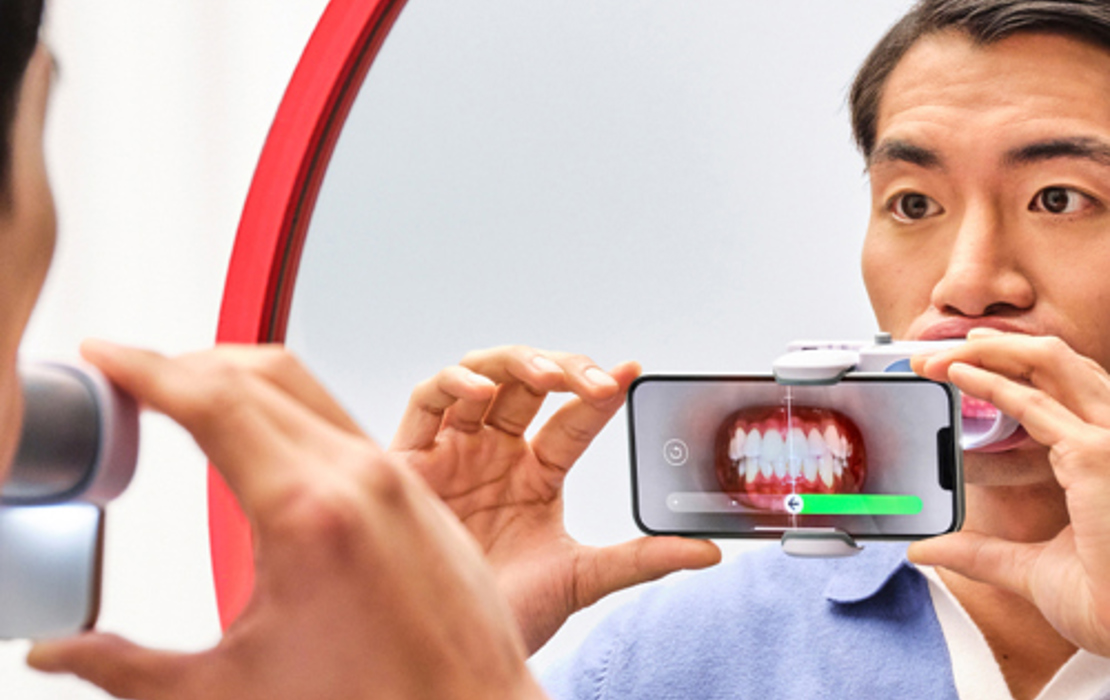Ask the Expert: I’m ready to own. What questions should I ask before buying a practice?

Dear Diana: I have been an associate dentist for two years. I’ve wanted to own my own practice ever since I shadowed my family dentist for a career project in high school. When I graduated dental school, I wanted to gain experience before taking the leap, but now I think I’m ready for practice ownership. What questions should I ask before buying my own practice? — First solo
Dear Solo: As a dentist, buying your own practice is certainly one of the most critical purchases of your career. Before diving into the answer, I would first like you to ask yourself if you are more comfortable launching your own practice from the ground up or acquiring an existing practice? To help you make the right purchasing decision for you, reflect on these questions:
Is it the right location?
Location is a key factor to consider as visibility makes a difference. If you are not buying real estate and instead plan to lease it, carefully read the fine print and the renewal options. You must ensure the location is convenient for the patient demographic you’re seeking. Also, scan the area for any potential dental practice competitors as it will be challenging to attract new patients.
What is the cost to buy new dental equipment?
If you start a practice from scratch, you'll probably buy the latest dental equipment. But if you buy an existing practice with broken or outdated equipment, you should factor in replacement costs into your offer. Take the time to inspect the equipment and confirm it complies with industry standards.
What will be the tax consequences?
Work with your dental CPA to understand the tax consequences of the transaction. Find out how much tax the seller must pay for the sale. Think about the purchase price allocation, as the seller prefers to allocate a substantial amount to goodwill compared with the buyer who must wait for many years before reaping the benefits of tax deductions from the cost attributed to goodwill.
Do I have enough funds, or would I require financing?
After you have completed your inspection and decided to purchase, the next step is to arrange finances. Although your transaction consultant can assist you with this, it is beneficial for you to have a little knowledge, so you can make a well-informed decision. You can get a loan from a bank or a credit union. Whether you need help determining the amount of capital you need to get started or need to decide what type of loan is right for you, BMO offers the insights and expertise to help take you to the next level. You can contact BMO or choose to work with another loan provider, depending on your financial needs and long-term goals.
Finally, don’t rush into buying a practice, and instead, dig deep to understand the real picture. If you are acquiring an existing practice, analyze the practice’s patients and treatments, so you can evaluate and estimate how much revenue the patient base will bring you.
Ms. Talpa works with privately held companies to consistently deliver innovative, industry-specific financing and cash management solutions to meet their diverse needs. As a vice president in commercial banking at BMO, she leverages her background in business valuations, financial analysis and commercial credit underwriting to add value, foster long-lasting relationships and — above all — help dentists realize their vision for practice success.



